ZPCS recruits 5 Bulilima San youths for training
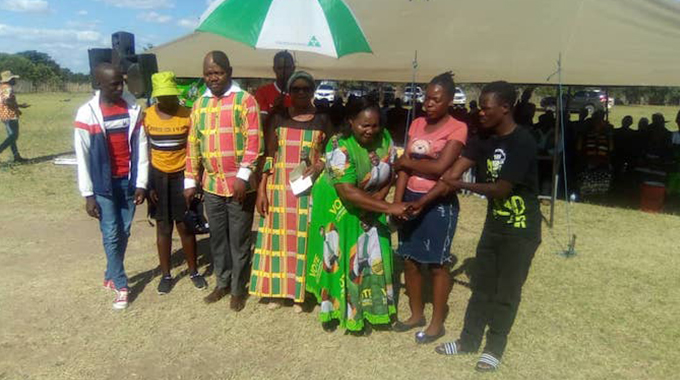
Mthabisi Tshuma recently in Bulilima
THE Zimbabwe Prisons and Correctional Services (ZPCS) has recruited at least five candidates for training from the San community in Bulilima District, Matabeleland South province, as part of efforts to foster inclusivity, by reaching out to the previously marginalised groups.
President Mnangagwa has been on the forefront in driving the inclusion of the San community through affirmative action in key sectors of the economy, with Government entities expected to deliberately allocate slots for them.
This was backed by a Cabinet resolution that the country’s security services should set up a quota system for the San community, as part of their integration into broader society.
Under this framework, the San community beneficiaries are allowed to join the ZPCS, for instance, without the usual requirements that include having five Ordinary Level subject passes.
At the 150th recruit correctional officers’ pass-out procession at Ntabazinduna Prison Training School in 2022, about 20 youths from the San community in Tsholotsho District became the first group to graduate as ZPCS officers.
Four of the five beneficiaries were unveiled during victory celebrations for Zanu-PF in Bulilima Constituency at Makhulela Ward, where the San community is based.
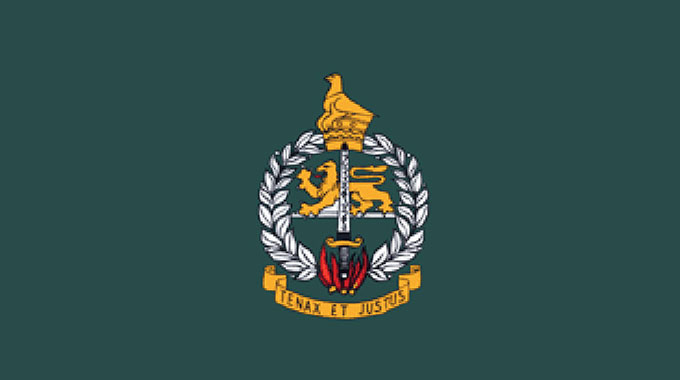
Zimbabwe Prisons and Correctional Services
These are Mbonisi Masendu (22), Sanelisiwe Dube (22), Moreblesing Tshuma (23) and Patimile Sibanda (20).
In separate interviews, the benefitting youths hailed the Government for empowering their community.
“I failed to write my O-Level because the schools were too far and I had financial problems. The move to allow us to join the prison services is something I am forever grateful for,” said Dube.
“Being a civil servant will make me confident and be able to fend for my family and siblings.”
Another beneficiary, Sibanda, said she got one subject at O-Level, which is the Ndebele language.
“I had no other plans and l am happy I was selected for this programme,” she said.
“Most of our peers when they finish school think of going to South Africa or Botswana and if they drop out they also think alike.”
Masendu said being patient has enabled him to get this grand opportunity to train as a ZPCS officer.
“I’ve been patient and I am happy I’ve been rewarded with a job to serve my country,” he said.
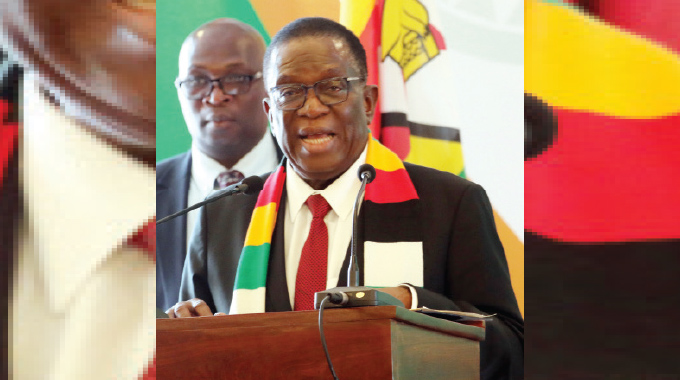
President Mnangagwa
In her remarks, Minister of State for Matabeleland South Provincial Affairs and Devolution, Dr Evelyn Ndlovu, said her office played a key role in pushing for the waiver of qualifications to be granted to the San community youth.
In line with the National Development Strategy (NDS-1), which is informed by Vision 2030, Government has said no citizen will be left behind in its developmental agenda and the inclusion of the San community in various spheres of life is a prime example.
Through incorporation and the advancement of monetary opportunities for its individuals, President Mnangagwa’s administration has cultivated a feeling of having a place among the San people, one of the country’s minority groupings.
The San are tracked down on the edges of Bulilima in Matabeleland South and Tsholotsho in Matabeleland North.
Before the Second Republic’s intervention, the San were living in their own world, separate from the rest of the country, with a majority of them not having birth certificates or identity credentials. They were unable to access many services, including healthcare and could also not cast their vote. — @mthabisi_mthire

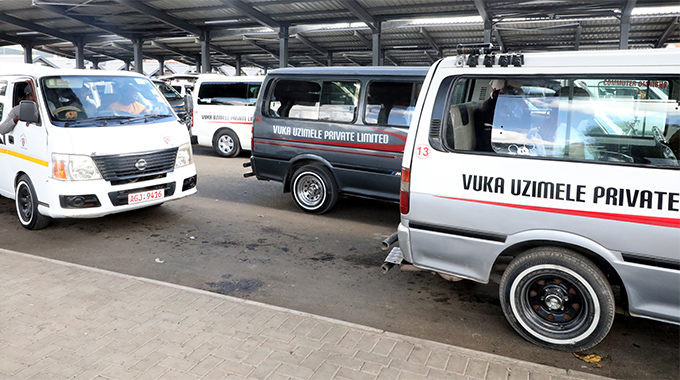
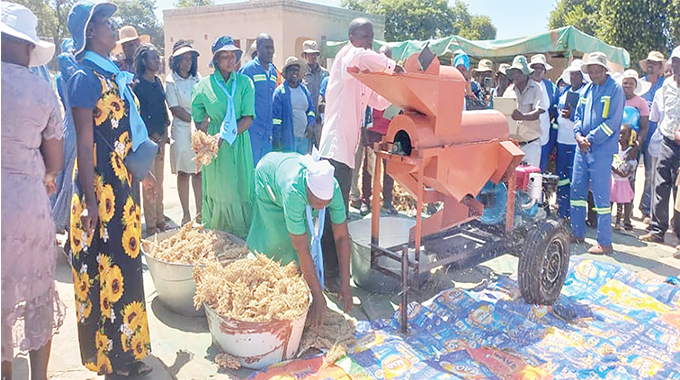






Comments